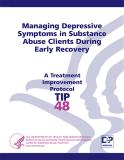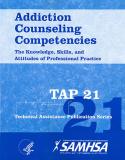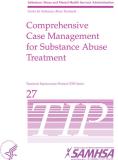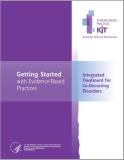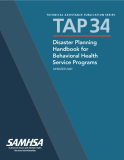
This manual offers guidance on how to engage youth during government-sponsored events and meetings. It includes resources to support youth services, youth development, youth leadership, civic engagement, and youth organizing.
Units per Product
Download
SAMHSA Youth Engagement
File Type: PDF
File Size: 6.79 MB


